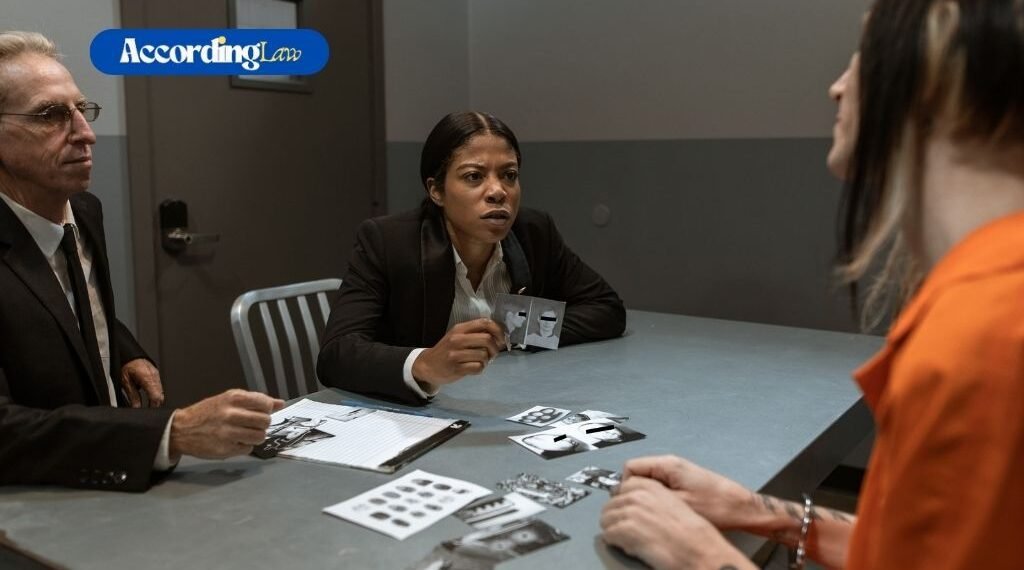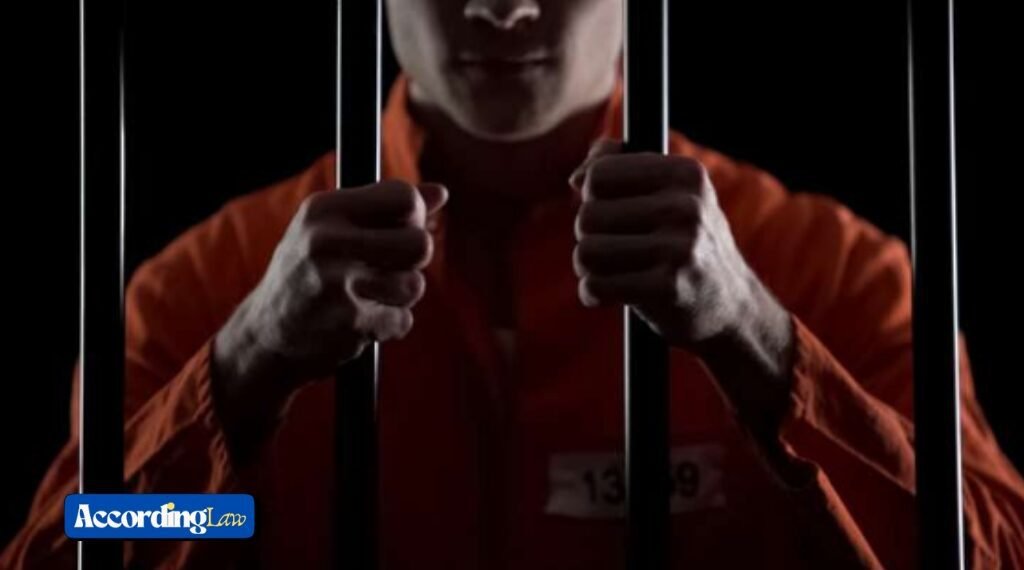The system is stacked against you. The arrest. The charges. The fear that one mistake or one false accusation could define your future. But here is what most people do not realize: you are not expected to prove your innocence.
The responsibility to prove a defendant’s guilt in a South Carolina criminal case lies solely with the State. It is their job to convince a judge or jury that you are guilty beyond a reasonable doubt.
If your lawyer can challenge the State’s case, point out weaknesses in the evidence, raise the right questions, or apply a legal defense such as self-defense or necessity, then you have a way forward.
This article outlines five key strategies we employ to defend against criminal charges in South Carolina.
The Five Defense Strategies That You Should Know
Before we discuss defense strategies, let’s clarify what that means. A defense strategy is the entire plan your lawyer builds to protect you, starting the moment charges are filed. It is about how we respond to the evidence, what we challenge, what we emphasize, and sometimes, what we leave alone.
There is no one-size-fits-all move here. The ideal approach depends on what you are charged with, how the case is built, and what matters most to you. So let us look at the tools that defense lawyers use, and how they might apply to your case.
Strategy 1: Challenging the Prosecution’s Burden of Proof
This is the single biggest advantage the law gives you.
“When you are accused of a crime, you do not have to prove you did not commit it. You do not have to explain yourself. You do not have to testify or offer any story at all,” says criminal attorney Bill Nettles of Bill Nettles Attorney at Law.
The prosecution must convince a judge or jury that you are guilty beyond a reasonable doubt. They must present actual evidence that holds up. If they cannot do that, the law says they lose. It’s that simple. This is why challenging the prosecution’s case is one of the most powerful defense strategies there is. Your lawyer’s job is to pull that case apart, piece by piece.
That could mean exposing contradictions in the evidence, questioning the reliability of a witness, or filing motions to exclude certain evidence. Often, when the prosecution sees that their case is not as strong as they thought, they back down. Charges get reduced. Sometimes, they get dropped altogether.
Strategy 2: Exposing Illegal Police Conduct
The police do not get a free pass just because they wear a badge. Here is what illegal police conduct might look like in your case:
Unlawful searches
If officers searched your home, car, or body without a warrant or a clear legal reason, that’s a red flag. Let’s say you got pulled over for speeding, and the cop started digging through your trunk without asking and without probable cause. That search may be illegal, and anything they find could be suppressed.
Bad stops or questionable pullovers
A traffic stop has to be based on a specific and lawful reason. If you were pulled over for something vague or flat-out untrue, and that led to an arrest or search, everything that followed might be challengeable.
Skipping Miranda
You have probably heard “You have the right to remain silent…” on TV. But that right is real. If police question you after you are in custody and fail to give that warning, your answers might be excluded from the trial.
Coercive or threatening interrogation
You do not have to be physically harmed for it to be considered coercion. If officers yelled, lied, pressured, or manipulated you into making a statement, that confession might not hold up. If it doesn’t hold, neither might the case.
Strategy 3: Asserting an Affirmative Defense
Sometimes, the facts are not really in question. You might agree that something happened, but what matters is why it happened. That’s where affirmative defenses come in. These are legal arguments that say, “Yes, I did that, but the law protects me because of how and why it happened.” If your lawyer can support this defense with evidence, it could lead to a dismissal, a not guilty verdict, or a reduction in charges.
Here are some of the most common ones:
Strategy 4: Attacking the Credibility of Witnesses
The people the prosecution calls to testify can shape how your entire case is seen. Sometimes it’s an officer with a polished report. Other times, it’s an angry ex, a scared neighbor, or someone who was only half paying attention when things unfolded. But once they are sworn in, the jury leans in, and your defense must be ready to ask questions that reveal the full picture has not yet been told.
Did their story change over time? Did they have a reason to exaggerate? Did they see what they claimed, or just assume based on what they were told? Witness credibility is about what their version of events looks like when compared to facts, footage, timelines, and common sense. If the jury sees hesitation, contradiction, or bias, they will start to wonder what else is not quite right.
Strategy 5: Strategic Silence: Sometimes, No Defense Is the Ideal Defense
This one might sound strange at first, but silence is sometimes your strongest play. The kind of silence your defense team chooses after studying the prosecution’s case from top to bottom. If their evidence is shaky, their timeline is full of holes, or their witnesses cannot keep their stories straight, then speaking up may do more harm than good. Saying less can keep the focus exactly where it should be; on their failure to prove anything beyond a reasonable doubt.
There’s a real risk in explaining something no one asked about. The jury starts listening for cracks, and the prosecution gets a second wind, aiming all their fire at a defense that never needed to be made. A quiet defense, in those cases, sends a message: the state has not done its job. They did not bring the proof. And if the law states that you are presumed innocent until proven guilty, your silence only reinforces this presumption.


